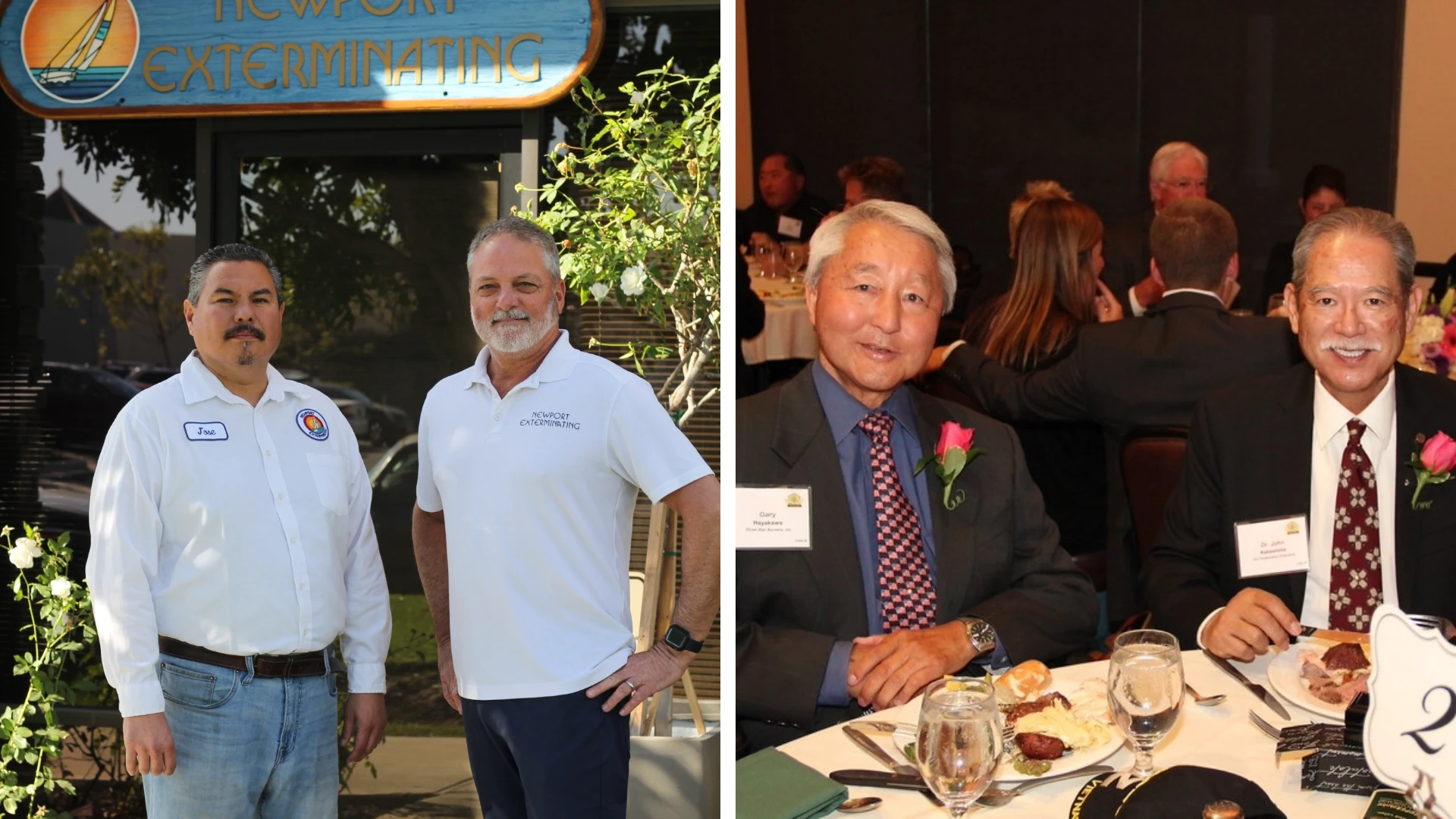
AdobeStock | vectorfusionart
When asked what a good leader looks like, we might all conjure up different examples of leadership in our minds. We perhaps think first of our elected officials, the presidents of past and future campaigns who promise wisdom, glory and direction during challenging times. We might also think of those who lead by example, the ones who rush into battle and later fight alongside us in the trenches when the going gets tough. Or perhaps we think of our parents who set us up on a predetermined path full of expectations so that we could try to navigate in a world that’s evolving far too fast for us to keep up. Jeff Eggers, author of “Leaders: Myth and Reality,” says leadership may look like a lot of different things to different people — but he’s learned that the best leaders learn how to disappear into the background while offering support to their teams.
While speaking at the National Pest Management Association’s Legislative Day in March, Eggers — who’s worked for more than 20 years as a U.S. Navy SEAL, senior policy advisor to both Presidents George W. Bush and Barack Obama, a security professional and leadership consultant — pointed to a racing pit crew as a prime example of leadership he’s used for years.
On one hand, you could think of a racing pit crew as a terrible example of leadership because their teams are comprised of too many people with over-used resources in a highly specialized environment.
“They paint yellow lines on the ground because that’s where the driver has to stop, and if the driver hits the mark, the performance [of the pit crew] is perfect,” said Eggers. “But if the driver is off by six inches, performance plummets. It’s choreographed. It has no room for error. It has no room for uncertainty.”
On the other hand: a racing pit crew is efficient and process-driven, comprised of people able to repeat their jobs time and time again in a way only they can accomplish — and yet there’s not a single leader among them. They don’t even have their names listed on their uniforms. Instead, they’re all elevated to be leaders of their own craft.
“You don’t see a leader and that’s a very important point,” said Eggers. “Organizations that are the least dependent on their leaders are some of the most high-performing organizations.”
Good leadership in every arena is about striking the balance between confidence and humility. This in particular was a hard lesson Eggers had to learn. While on a mission in Afghanistan, he made a call to change a route that sent one of his gun trucks directly into an improvised explosive device, critically injuring two of his men. Although he wasn’t on the scene when it happened, those that were there, the people he was in charge of, knew to get those injured individuals directly to the trauma center without waiting for instruction. That simple act saved lives.
“The lesson here is quite clear for me: Domineering leadership almost killed those two men and decentralized execution allowed them to live,” said Eggers.
When faced with tasks that need to be accomplished, the best outcomes occur when people are empowered to act on their own and everyone — from the lowest person on the totem pole to the highest leader — holds themselves accountable to the overall mission. Eggers pointed out that we see this in nature all the time, and we can look to honeybees as prime examples.
“Honeybee colonies are purely decentralized. The queen is not the leader. She just lays eggs,” said Eggers. “And yet bee colonies are renowned for having exceptionally good judgment as a collective, as a system. And they do it without the benefit of leadership.”
Pest control is no different. Individuals in this industry often feel siloed by the day-to-day grind of upholding certain standards while faced with the pressures of past systemic traditions. A good thing is a good thing until it’s not. And as our world evolves, with new, potential future leaders coming into this industry, we must too be flexible and open to adaptation. And that means we have to start asking ourselves how we can better lead future generations who are entering into this industry with brand new ideas and surprising innovations.
“If you were born, raised and developed like I was, thinking of leadership like a grand chess master: You have a strategy, you control pieces, you know how the game is played and you’re trying to win,” said Eggers.
Latest from Pest Control Technology
- Texas PestVets Coat Drive Collects Over 850 Items for Soldiers’ Angels
- Conquer Ants Fast!
- Residential Customers More Aware of Green Products/Services, Poll Finds
- Father and Son Duo of Strib Pest Control Building Family Business in Growing Market
- Report Shows U.S. States, Counties Experiencing Highest Rodent Issues
- Tubbs Honored with GPCA Hall of Fame Award
- Mosquito Shield Named No. 1 Pest Control Franchise by Entrepreneur’s Franchise 500
- Moving Day for Oriental Cockroaches





